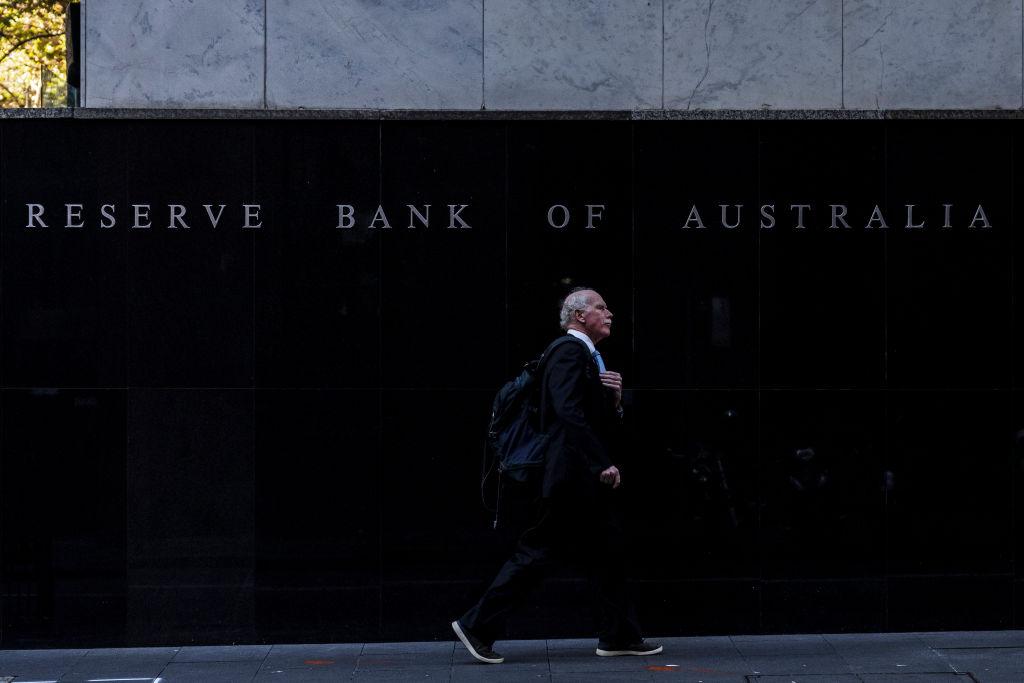The Reserve Bank of Australia (RBA) has raised the official cash rate to 1.85 percent with another 0.5 percent increase, in line with market expectations.
Following the board meeting on Aug. 2, RBA governor Philip Lowe said in a statement that the recent rate hikes were necessary to bring inflation down and balance demand and supply in the Australian economy.





